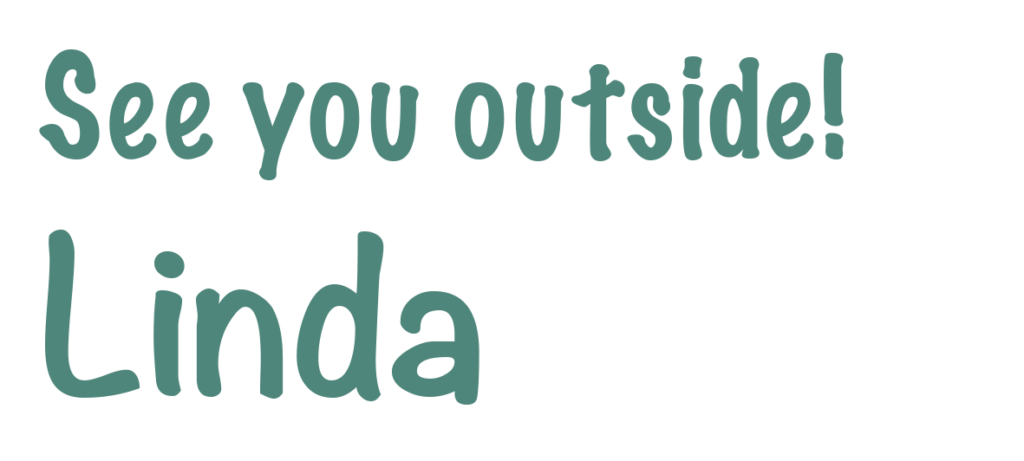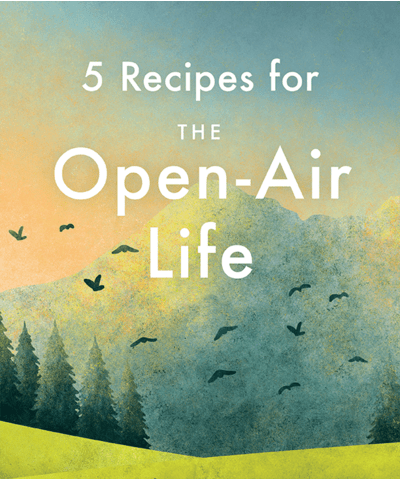Every spring, as nature awakes and the migratory birds return from their winter locales, the old Swedish custom of gökotta holds that you should get up before dawn, pack a picnic and go outside to enjoy the birdsong. Gökotta, pronounced “yuh-KOT-tuh”, directly translates to “cuckoo dawn” in English and is part of old folklore, according to which the cuckoo was bestowed with mystic powers and able to make predictions about the future.
Today, the cuckoo has lost its fortune teller status of yore, but the allure of enjoying early morning birdsong in the spring lives on. Of course you can listen to birdsong at any time, but there are several reasons why you might want to give gökotta a try.
For one, spring (especially April and May) is the peak season for birdsong. This is when many bird species breed and male birds sing to attract females and to mark their territory. Outside of the mating season, the birds’ singing diminishes significantly and some hardly sing at all.
Secondly, at dawn the birdsong is typically louder, livelier, and more frequent than other times of the day, resulting in a powerful yet soothing cacophony. Since human activity is typically minimal at dawn, the birdsong carries farther and has a better chance of standing out in the surrounding soundscape at this time.
Three benefits of throwing a gökotta
Early birds catch the worm and by getting up for a gökotta, you get much more than that. These are some of the benefits of tuning into birdsong:
- It brings hope and joy. The gökotta is a celebration of new beginnings, reflecting the endless possibilities each new day holds. It’s a practice that encourages optimism and appreciation for the small wonders of life, and offers a moment of peace and reflection in a frenzied world.
- It’s a natural anti-depressant. Studies have shown that birdsong can quiet the mind, soothe anxiety, and even reduce symptoms of depression and paranoia. Not surprisingly, the sound of traffic has the opposite effect, increasing stress and anxiety.
- It connects us with nature. In our fast-paced, digital world, disconnecting from technology to reconnect with the natural world is increasingly important. The gökotta offers a way to observe and get to know your local bird population, which can help you feel closer to nature.
What do you need to celebrate a gökotta?
Throwing a gökotta is simple and requires very little preparation, making it accessible to everyone.
Here’s what you need:
- An alarm clock: Set it early. The whole point of gökotta is to experience birdsong at dawn, when it peaks.
- A quiet spot outdoors: Whether it’s a garden, a park, or just a quiet street, find a place where you can clearly hear the birds. Nature reserves or forests are ideal, but even a quiet backyard will do.
- Comfortable clothing: Depending on the weather, dress warmly or just comfortably enough to sit outside for at least an hour.
- Something to sit on: Bring a blanket, seating pad or folding chair to sit on – either one works, as long as you’re comfortable.
- Drink and snack: Packing a picnic can be a motivator to get up extra early, especially if you’re trying to coax others into joining you. If you live in a colder climate, you won’t regret this step as you’re enjoying birdsong while sipping on your favorite warm beverage.
- Binoculars and field guide: This one is optional for those interested in more than just listening. Bringing along a pair of binoculars and a field guide to birds can help you identify and learn about the birds you hear and see.
In Sweden, the sun rises early in the summer and here, the best time to catch the birdsong may be as early as 4 or 5am, but it’s an event well worth getting up for. Depending on where you live, you may get to sleep a little longer than that. The birdsong usually peaks half an hour on either side of the dawn, so just check when the sun rises in your area and plan to be in a good spot by then.
Gökotta is not just a tradition; it’s a reminder of the rhythm of life, an invitation to reset our internal clocks to the unrushed pace of nature. So why not set your alarm, find your spot, and welcome the dawn? Your soul will thank you.



